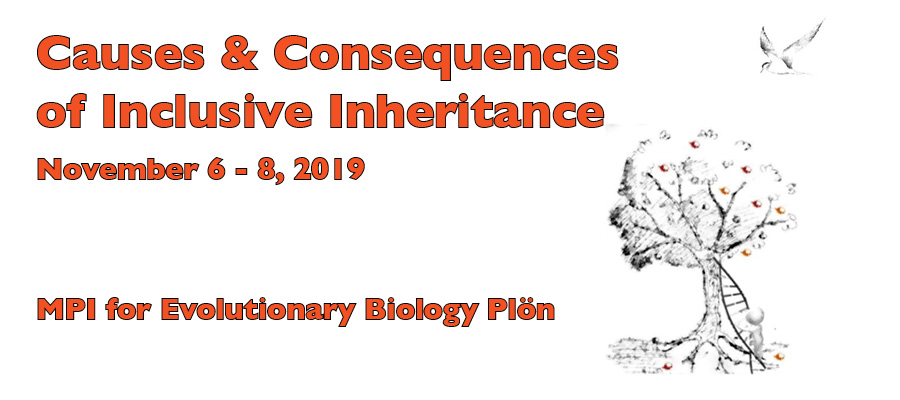Speaker
Description
It is well-established that the yolk of eggs of birds contains androgens like testosterone. These maternally derived hormones have been found to influence the behaviour and growth of the chicks hatching from these eggs. Hence, maternal yolk hormones have been hypothesized to act as adaptive maternal effects shaping the offspring’s phenotype, particularly in relation to the rearing environment. However, the evidence for this idea is mixed. We collected a large data set in wild blue tits (Cyanistes caeruleus; >150 broods) to test three premises underlying the hypothesis of adaptive transgenerational shaping of the offspring phenotype. We investigated (1) whether there was between-clutch variation in yolk testosterone levels; (2) whether such variation related to characteristics of the female or her environment; and, finally, (3) whether yolk testosterone levels related to offspring fitness. Importantly, in order to disentangle maternal hormone-related and environment-related variation in offspring fitness we carried out a large-scale cross-fostering experiment. We found substantial between-clutch variation in yolk testosterone, which was partly explained by the female’s age and lay date, but not related to offspring growth or survival, providing only limited support for the adaptive significance of maternal yolk androgens.

